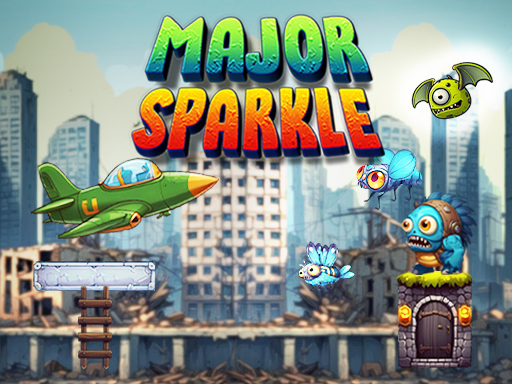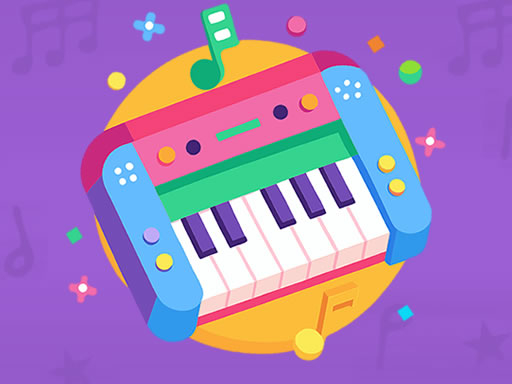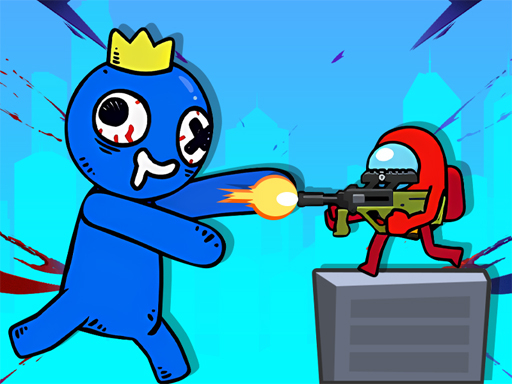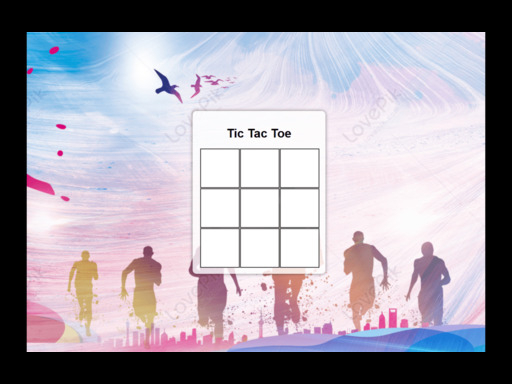HTML5 gaming has transformed the browser gaming industry, offering seamless, plugin-free experiences accessible across multiple devices. As technology advances, HTML5 continues to solidify its place as the future of browser gaming, providing developers and players with unmatched flexibility, performance, and convenience.
1. Cross-Platform Compatibility
One of the most significant advantages of HTML5 games is their ability to run across multiple platforms without requiring modifications. Whether on a desktop, tablet, or smartphone, HTML5 games adapt to different screen sizes and operating systems. This cross-compatibility eliminates the need for dedicated game apps, making it easier for developers to reach a broader audience and for players to enjoy their favorite games anywhere.
2. No Need for Downloads or Plugins
Unlike traditional browser games that relied on Flash or Java, HTML5 games do not require any additional plugins or software installations. This not only enhances security by reducing exposure to vulnerabilities but also improves accessibility by allowing users to launch games instantly from their browsers. The absence of downloads saves storage space and eliminates the hassle of software updates, providing a hassle-free gaming experience.
3. Enhanced Performance and Graphics
HTML5 gaming has significantly improved in terms of performance and visual fidelity. With advancements in WebGL and Canvas technology, developers can create games with impressive graphics, smooth animations, and real-time physics. These improvements enable modern HTML5 games to rival the quality of some standalone applications while maintaining lightweight file sizes and efficient resource utilization.
4. Seamless Updates and Maintenance
Since HTML5 games are hosted online, developers can roll out updates, fix bugs, and introduce new content without requiring users to download patches or reinstall games. This real-time update mechanism ensures that players always have access to the latest version without any interruptions. Additionally, cloud storage integration allows users to save their progress and resume gameplay across multiple devices effortlessly.
5. Cost-Effective Development and Distribution
Developing games in HTML5 is often more cost-effective than creating native applications for multiple platforms. With a single codebase, developers can launch their games across various devices without the need for expensive porting. This also simplifies distribution, as HTML5 games can be embedded on websites, social media platforms, and online game portals, increasing their reach and monetization potential.
6. Growing Popularity and Industry Adoption
Many major gaming platforms, including Facebook Instant Games and Google’s GameSnacks, leverage HTML5 to provide lightweight and engaging games to users worldwide. With the decline of Flash and the increasing reliance on web-based technologies, industry giants are investing heavily in HTML5 game development. This trend is expected to continue, further cementing HTML5 as the backbone of browser gaming.
Conclusion
HTML5 games offer a combination of accessibility, performance, and cost-effectiveness that makes them the future of browser gaming. With cross-platform compatibility, no installation requirements, enhanced graphics, and seamless updates, HTML5 has revolutionized how games are developed and played. As web technologies continue to advance, HTML5 gaming will only grow stronger, shaping the future of the online gaming industry.




















